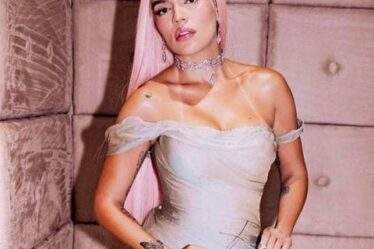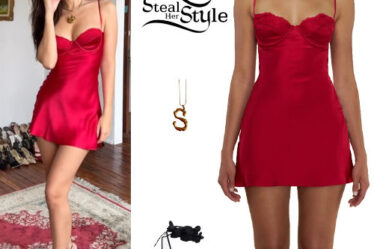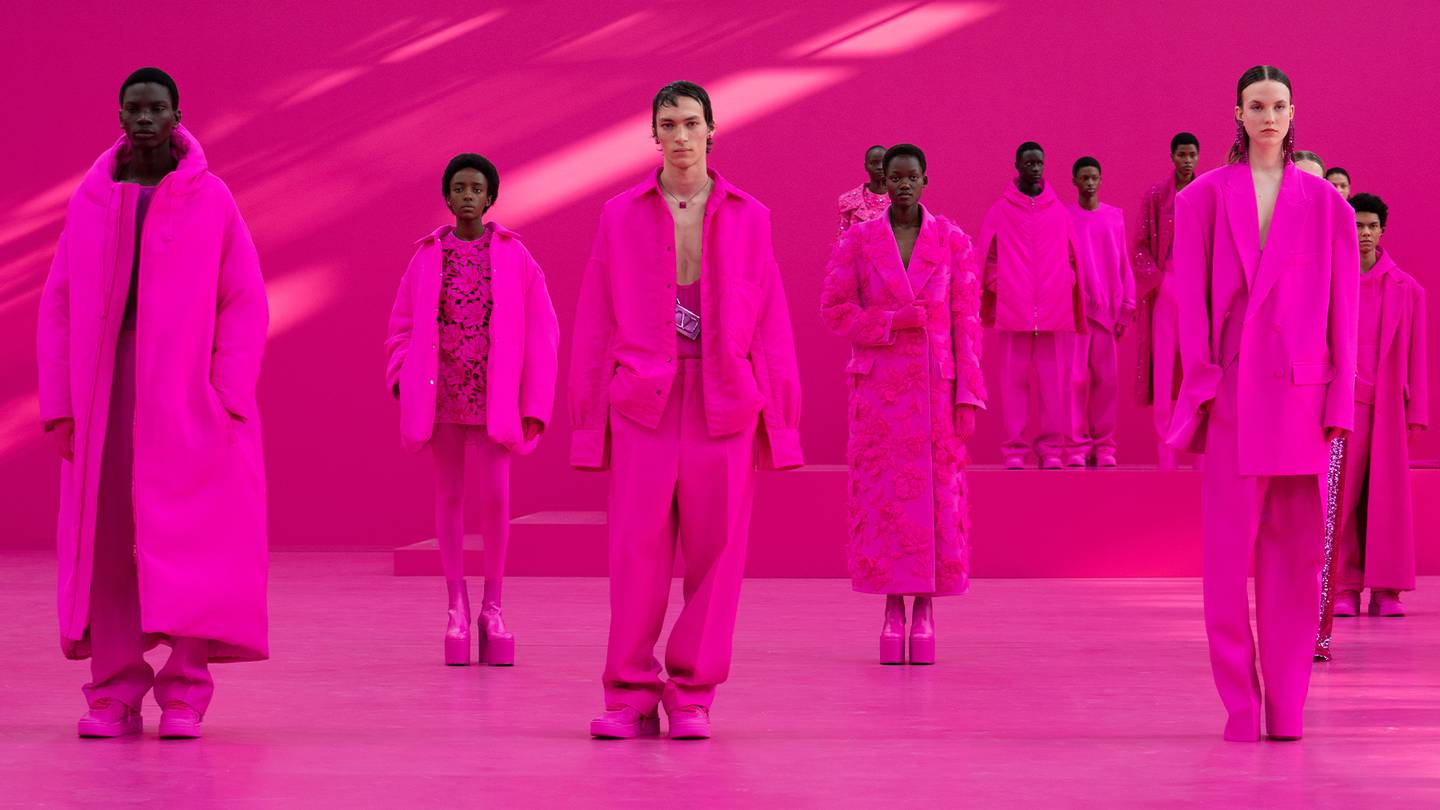
‘Musical chairs’ in the industry’s top ranks is a familiar phenomenon in fashion, both on the design side and in the executive suite.
As Salvatore Ferragamo’s new CEO Marco Gobbetti announced his first major move at the Florence-based brand last week and Jonathan Akeroyd, his successor at Burberry, began his tenure at the British label, the impact of the appointments continued to ripple through the sector.
This week, Capri-owned Versace, which Akeroyd had led since 2016, replaced him with Alexander McQueen CEO Emmanuel Gintzburger. In turn, McQueen’s owner Kering installed Gianfilippo Testa, a top retail executive from its flagship brand Gucci, in Gintzburger’s place. Chanel, too, has a new CEO, Leena Nair, announced in December.
The shuffle at Ferragamo, Burberry, Versace and McQueen saw a familiar cast of seasoned merchants installed in top jobs. But Chanel’s appointment took a non-traditional approach, entrusting Nair, the former chief human resources officer at Unilever and not a luxury retail or marketing executive, to lead the brand.
While most companies are opting for luxury veterans with deep sector knowledge and experience, others might take a chance on unconventional picks in order to obtain a fresh perspective as they adapt their businesses to a changing world. Chanel’s move follows H&M’s 2020 decision to elevate Helena Helmersson, its longtime sustainability chief, to the role of CEO.
The recent CEO shuffle follows a banner year for fashion, as sales came roaring back in 2021 from a deep pandemic slump. But even as some of the sector’s most troubled players were able to post a comeback (Lanvin’s sales doubled and it’s now preparing to go public via a SPAC merger) the lion’s share of revenues and profit have continued to accrue to the biggest and hottest names, while others lose market share.
Last quarter, Dior- and Louis Vuitton-owner LVMH’s fashion sales grew 51 percent above 2019′s pre-pandemic levels on an organic basis, while Burberry reported like-for-like retail sales down by 3 percent.
Burberry spent 4 years under Marco Gobbetti focused on elevating and modernising its brand: rolling out a streamlined, bold-faced visual identity while pulling back from wholesale and closing locations in less luxurious malls. High-end leather goods became a focus.
But growth has remained lacklustre, while rivals owned by LVMH or Kering surged. Now it needs a leader who can accelerate progress on making sure the brand isn’t just elevated, but relevant, and that its products appeal to consumers.
Enter Jonathan Akeroyd: Burberry’s new boss typifies the kind of seasoned merchant companies are looking for to help them catch up with the likes of Kering’s Saint Laurent and LVMH’s Dior. Akeroyd started on the shop floor at Harrods, honing his skills as a sales manager and merchandiser before going on to lead Alexander McQueen and Versace.
During his stint at Versace, the brand streamlined its structure and burnished its luxury credentials by discontinuing its Versus diffusion line and rolled out bigger, more luxurious stores aimed at commanding a greater share of full-priced sales, particularly in the key handbag category.
But even as Akeroyd elevated the brand, he wasn’t afraid to play the hits to keep it relatable (and saleable). The company re-issued its most popular signatures like printed Baroque silks and big Medusa logos. Under the umbrella of a marble-clad store concept and ultra-famous mark, customers can still buy aspirational items like $75 jockstraps and $200 sunglasses. During his tenure, the brand was able to broker a $2.1 billion sale to Capri Holdings. Sales grew from around $740 million in 2016 to an expected $1.3 billion for Capri’s fiscal year 2022.
Versace’s Emmanuel Gintzburger and McQueen’s Gianfilippo Testa may turn out to be leaders in the same vein: Pragmatic fashion bosses whose hands-on experience in retail and merchandising enables them to juggle the big-picture story of promoting a luxury brand’s image with the urgent imperative small and mid-sized brands face today: sell like hell, or fade away.
But even as Burberry, Ferragamo, Versace and McQueen put retail veterans front-and-centre, there’s a logic to luxury giant Chanel’s non-traditional approach.
The French brand’s new CEO Leena Nair, announced in December, doesn’t just stand out for her identity as an Indian woman in an industry whose C-suites are still dominated by European men. Rather than a career in fashion, she spent more than three decades climbing the ranks of consumer goods giant Unilever, owner of Dove soap and Hellman’s mayonnaise.
More atypical yet, she spent most of that career working in human resources — in roles leading efforts on people, diversity and inclusion — rather than traditional CEO tracks working on products, marketing or sales.
The choice was likely driven in part by circumstances unique to Chanel. The company isn’t feeling the pressure to ‘sell like hell,’ as sales at the luxury titan bounced back to double-digit growth over pre-pandemic levels as soon as early 2021. With best-in-class store locations, a unique, vertically-integrated supply chain, and a brand desirability that has allowed it to raise prices for its handbags in line with Hermès, the company is already a benchmark of success for many players across the sector.
Rather, the famously secretive company owned by the Wertheimer family seems to be more concerned with preparing for the future and passing the baton to the next generation of leaders (brothers Gérard and Alain are now in their 70s; while the company’s creative chief since 1983, Karl Lagerfeld, passed away in 2019). It’s been revamping its governance — consolidating its financial and legal operations in London and naming new board members — pledging greater transparency and taking more positions on sustainability and animal welfare, such as being one of the first luxury brands to eliminate exotic skins.
Those moves are laying the framework for succession, as well as preparing the company for a world where forces long seen as outside of fashion’s scope — like technology, climate change, animal welfare and social justice — are increasingly reshaping the industry. Chanel will need to attract the right talents to navigate those shifts — and create a company culture that empowers them to make a difference.
Companies increasingly see the value of having a CEO who is “knowledgeable and sensitive” regarding ever-more important topics related to technology, the environment and social issues, according to Michael Boroian, president of the executive search firm Sterling International in Paris. “The CEO perspective on these issues can gives brands a platform to connect with the younger generation,” he said.
Nair’s appointment also comes at a time when the pandemic has accelerated technology’s transformation of the way we work, as well as sparking a “Great Resignation.” In America, as many as 47 million people left their jobs last year, many to pursue work that’s more aligned with their interests and values in addition to better pay.
In this context, a leader who sees business through the lens of people and talent was able to upend expectations, and win one of the most coveted jobs in the luxury industry.
THE NEWS IN BRIEF
FASHION, BUSINESS AND THE ECONOMY
Valentino returns to profitability, sales grow above 2019 levels. Revenues at the Roman couture house jumped 41 percent year-on-year to €1.23 billion ($1.36 billion), rising 3 percent over pre-pandemic 2019, the company said.
Lanvin Group to list in New York following SPAC merger. The owner of brands including Lanvin, Sergio Rossi, St. John Knits and Wolford expects to raise $544 million from the listing.
Nike beats quarterly revenue estimates boosted by North American demand. Nike’s sales in its largest market jumped 9 percent in the company’s third quarter. The company’s revenue rose 5 percent to $10.87 billion in the third quarter ended Feb. 28, while analysts had expected $10.59 billion, according to IBES data from Refinitiv.
Anta net profit surges 49.6 percent in 2021. Chinese sportswear giant Anta Sports posted strong annual revenue of 49.33 billion ($7.76 billion) yuan in 2021, up 38.9 percent year-on-year, with net profit reaching 7.72 billion yuan.
Twentyfourseven inks partnership with Japan’s Seiya Nakamura 2.24. The Milanese showroom-turned-accelerator has taken a 46 percent stake in the Tokyo-based brand development and creative consulting agency.
Richemont sells stake in Swiss watchmaker Greubel Forsey. Founders Robert Greubel and Stephen Forsey, along with chief executive officer Antonio Calce, are now the shareholders of the brand, Greubel Forsey said Thursday. Financial terms were not disclosed.
Victoria’s Secret takes minority stake in Frankies Bikinis. The lingerie giant invested $18 million for an undisclosed minority interest in the LA-based swimwear brand, Victoria’s Secret announced on Friday. The move comes just over a year after Victoria’s Secret reintroduced swimwear to its product assortment.
New York bill would give fashion models more labour protections. New York’s fashion models and influencers would get greater protection from exploitation by management companies and agencies under a proposed state bill that aims to shake up an industry that employs 230,000 workers.
Fashion’s sustainability standards face criticism amid regulatory push. A report from environmental campaigning organisation Changing Markets Foundation published Thursday dubbed the largely voluntary and self-reported initiatives brands commonly use to back up their sustainability efforts as a “licence to greenwash,” ahead of a suite of new policy proposals.
UK adds diamond producer Alrosa to sanctions list. The world’s largest diamond producer has an estimated market value of $6.6 billion.
Britain’s Next trims guidance on overseas outlook. The group made a pretax profit of £823 million in the year to January 2022, in line with guidance, on full price sales up 12.8 percent versus pre-pandemic 2019-2020 results. Its new forecast for the year ending January 2023 is full price sales growth of 5 percent and a pretax profit of £850 million.
THE BUSINESS OF BEAUTY
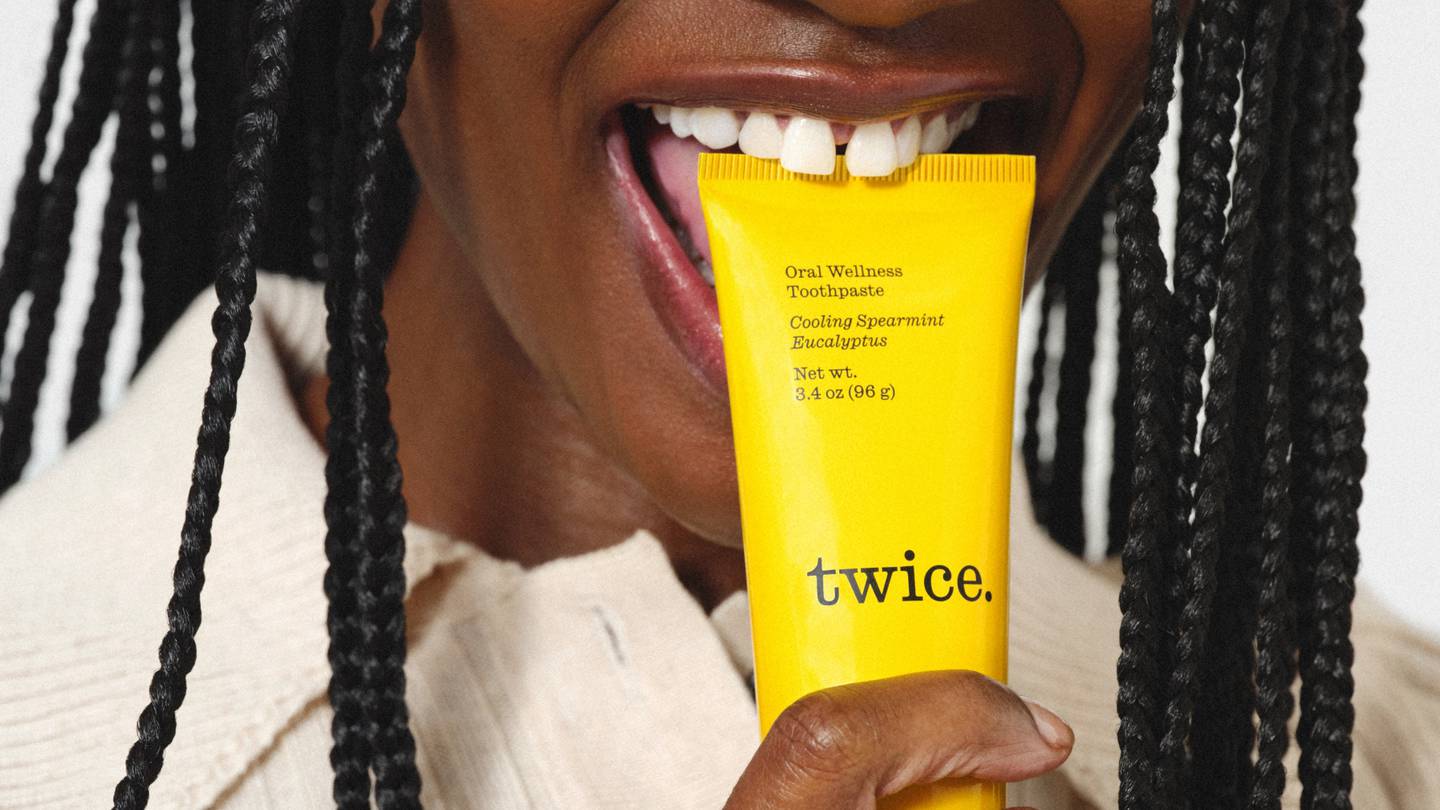
DTC toothpaste brand Twice inks new retail partnerships. Twice, which is co-founded by Lenny Kravitz, is betting that the ‘oral beauty’ boom will primarily occur offline.
PEOPLE
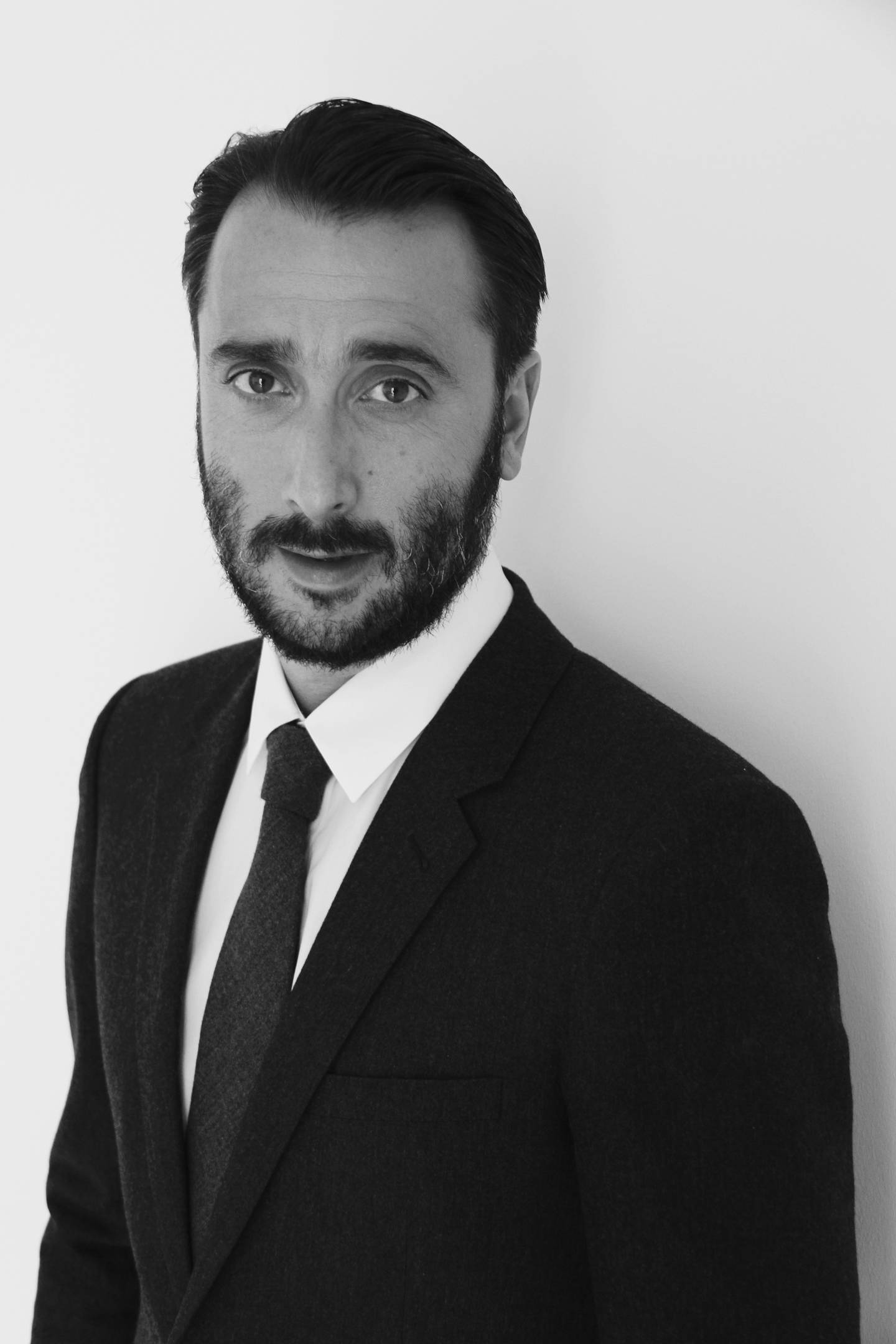
Capri names new Versace chief executive. Alexander McQueen boss Emmanuel Gintzburger will take the reins at Versace, and Gucci executive Gianfilippo Testa will take over at McQueen.
Chanel heir’s private equity vehicle hires former Richemont exec Chabi Nouri. The former Piaget CEO will co-manage a portfolio that currently includes stakes in MycoWorks, Highsnobiety and La Bouche Rouge.
MEDIA AND TECHNOLOGY
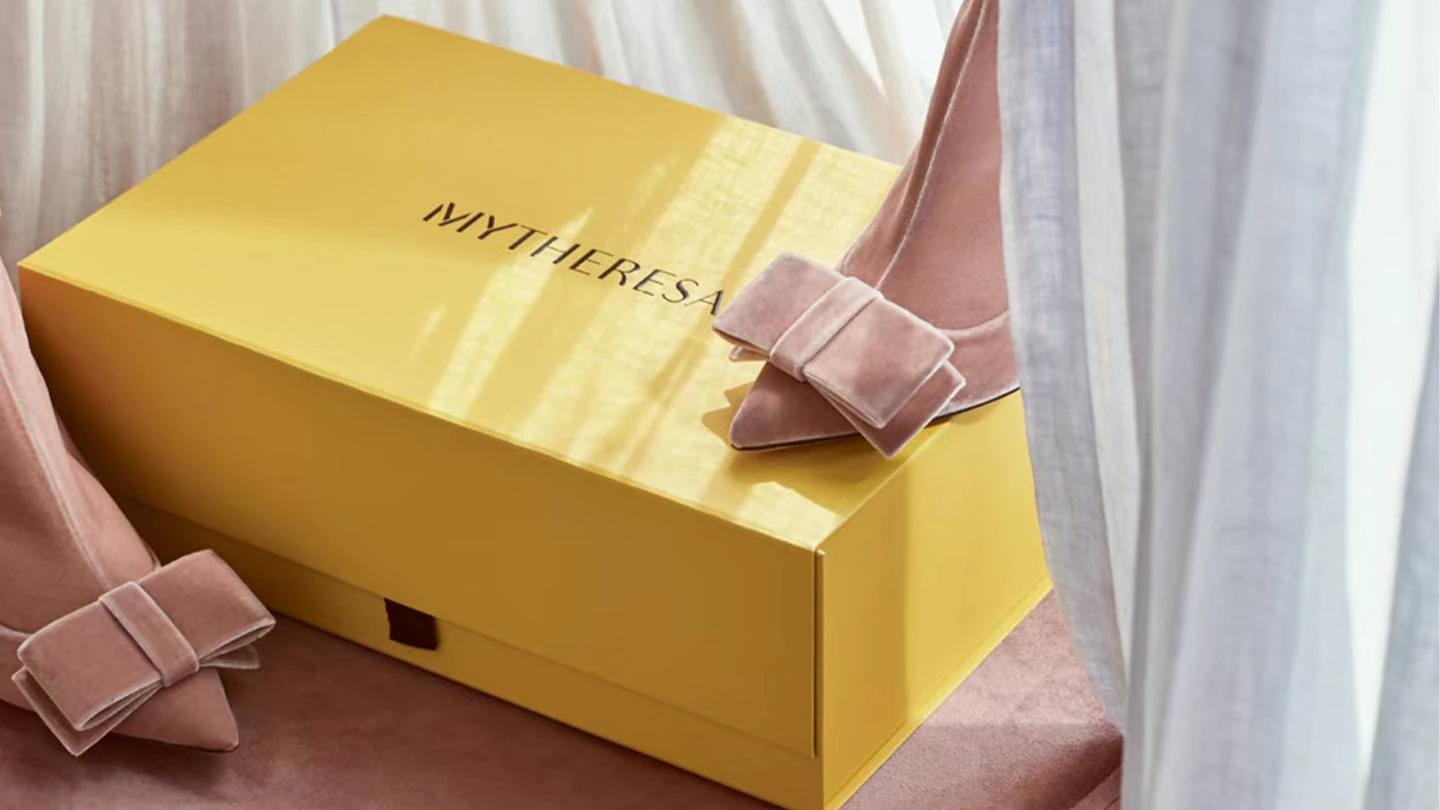
Mytheresa partners with JD.com in China. The German luxury e-commerce company has joined the Chinese e-commerce giant, launching an official e-boutique on its platform.
Compiled by Joan Kennedy.

